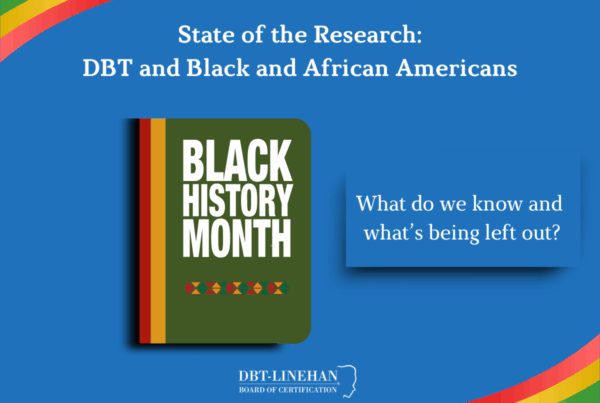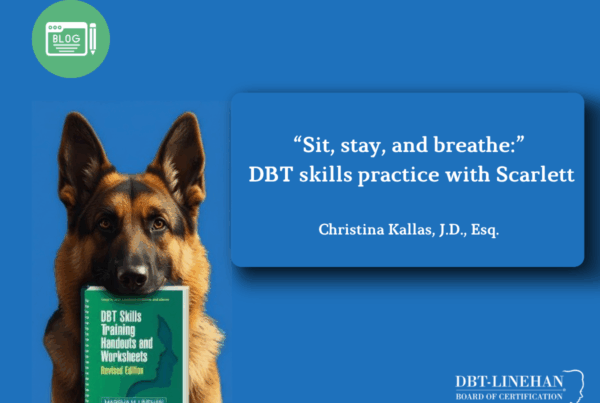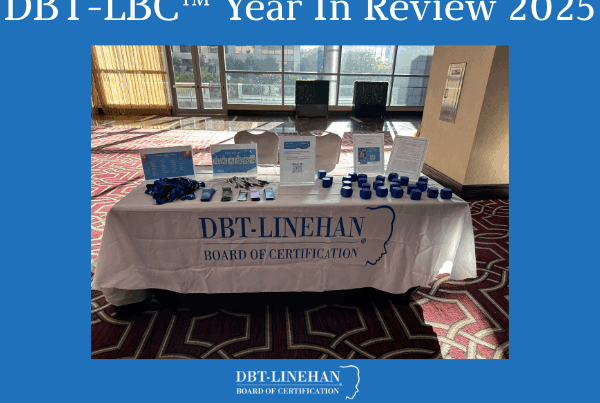Sparkling lights, indulgent feasts, a contagious cheer in the air – nearly everywhere you go! Of course, it’s the headrush and whimsy of the holiday season. For some, the winter holidays mark the beginning of a great celebration – time spent with family, connection to the community, perhaps even reverence for religious values or spirituality. For others though, holidays can be emotionally turbulent – amplifying stress, reminders of loss, and yes, even chaos. So, how does one find a way to remain skillful and/or effective while walking in a winter wonder(less)land?
Gratitude is a social emotion one often experiences after benefiting from the actions, deeds, or consequences of another person, organization, or community. It’s one of those classically positive emotions typically synonymous with thankfulness. The only problem is… human beings are biologically hardwired to detect threats – to have a negative problem orientation. In a world where so much suffering seems apparent (and volunteered so easily via media sources), how does one effectively practice and acknowledge acts of gratitude?
The Benefits of Practicing Gratitude
Why even practice gratitude? In the United States, experiencing gratitude or “thankfulness” is a cornerstone value of the Thanksgiving holiday. Psychological sciences reveal major mental health benefits in practicing gratitude. For example, one study found that writing gratitude letters led to immediate aftereffects of feeling uplifted and socially connected to others (Layous et al., 2017). Actually, a powerful statistical method – a meta-analysis – conducted by Cregg and Cheavens (2021) found that practicing gratitude interventions improved subjective well-being and also decreased depressive/anxious symptoms. So okay, practicing gratitude almost functions as a psychological nutrient. How’s it done from a DBT perspective?
How to Practice Gratitude
Accessing Wise Mind is a good first skillful action – mindfully noticing one’s values, meaning, and range of emotions serves as a balanced and meaningful lens. The good news is, everyone has a Wise Mind – and it might take some concerted practice to notice it. It’s one of those intuitive, gut-driven states of inner wisdom – of knowing, rather than thinking or feeling.
Take a moment to know thyself – to know what values drive your actions in life. Are you a person who values relationships? New ones? Old ones? Do you enjoy social connection in groups small and big – families, peer support groups, classmates, members of a congregation? Do you enjoy being a leader? Competing? What about talents, gifts, or propensities? Do you value respect, integrity, or morality? Or maybe you’re like the vast majority of folks and you value leisure, recreation, or hobbies!
Try asking Wise Mind about your values and priorities to help turn the light to your mind’s eye. Then, notice how these values appear in your everyday life – in small ways. For example, if you value prosperity – you might be thinking “how can I value money? I haven’t won the mega million lottery yet!” – which is true, but you might have been able to save a buck with a coupon at a grocery store – and let’s be honest, saving money on mac and cheese is a triumph in and of itself.
Writing thank you notes – or gratitude letters–is a lost art form. Once a person is aware of those positive people, places, or things in life, then they can mindfully acknowledge them through written words. If you’re not a writer, you might try drawing or video recording a brief message instead. In a nutshell, the central skillful action is about expressing positive emotions (with mind, body, and soul) for benefits in life. These benefits can vary in scale. For example, you could write about the importance of giving to others, nature, or the support your community has provided. Even writing a brief thank you note to a neighbor can boost your mood and increase your sense of belongingness. For example: “Hey, thanks for getting my mail the other day when I was away. I really appreciate it!”.
Gratitude and DBT
Gratitude directly connects to DBT. During times of distress, it can be helpful to mindfully reflect on gratitude and thank a friend, neighbor, or colleague for their help. Expressing gratitude has a way of helping folks tolerate the temporary pain of a moment, and sheds light on positive attributes of existence.
In other words, practicing gratitude can help folks become more dialectical (or balanced). In addition, mindful awareness of gratitude can help tap into feelings of reciprocity – wanting to give back to others! DBT is no stranger to this concept – as the act of Contributing is echoed in the distress tolerance skills – Distracting with Wise Mind ACCEPTS.
Though it’s not always easy to do, practicing gratitude comes with so many benefits! Maybe you notice a favorite holiday movie on TV, a song you haven’t heard on the radio in ages, the first snowflakes of the winter season, or a rare traffic-less commute to work! Whatever you feel grateful for, mindful awareness is the first skillful step in becoming thankful.
References:
Cregg, D.R., & Cheavens, J.S. (2021). Gratitude interventions: Effective self-help? A Meta-analysis of the impact on symptoms of depression and anxiety. Journal of Happiness Studies, 22(1), 413-445. https://doi.org/10.1007/s10902-020-00236-6
Layous, K., Sweeny, K., Aremnta, C., Na, S.,Choi, L, & Lyubomirsky, S. (2017) The proximal experience of gratitude. PLoS One, 124(5), 1053-1078. Article e0179123. https://doi.org/10.1371/journal.pone .0179123.





